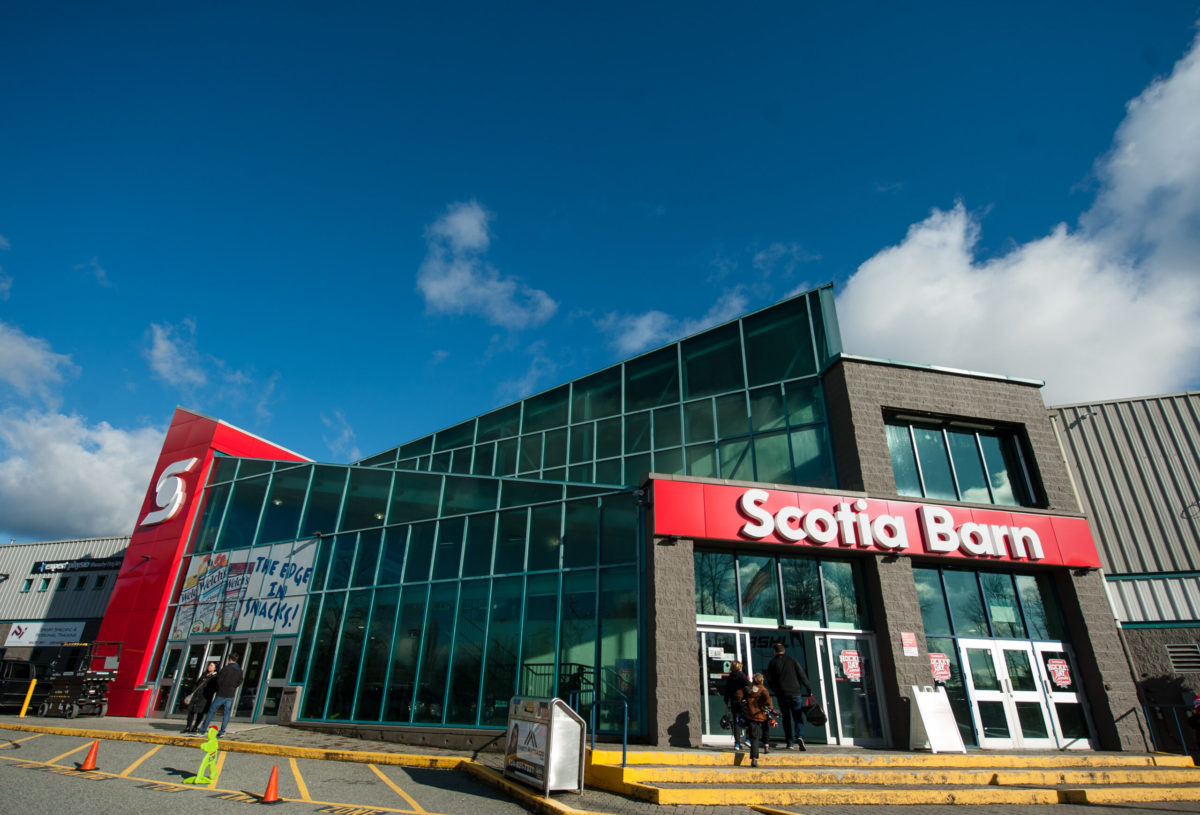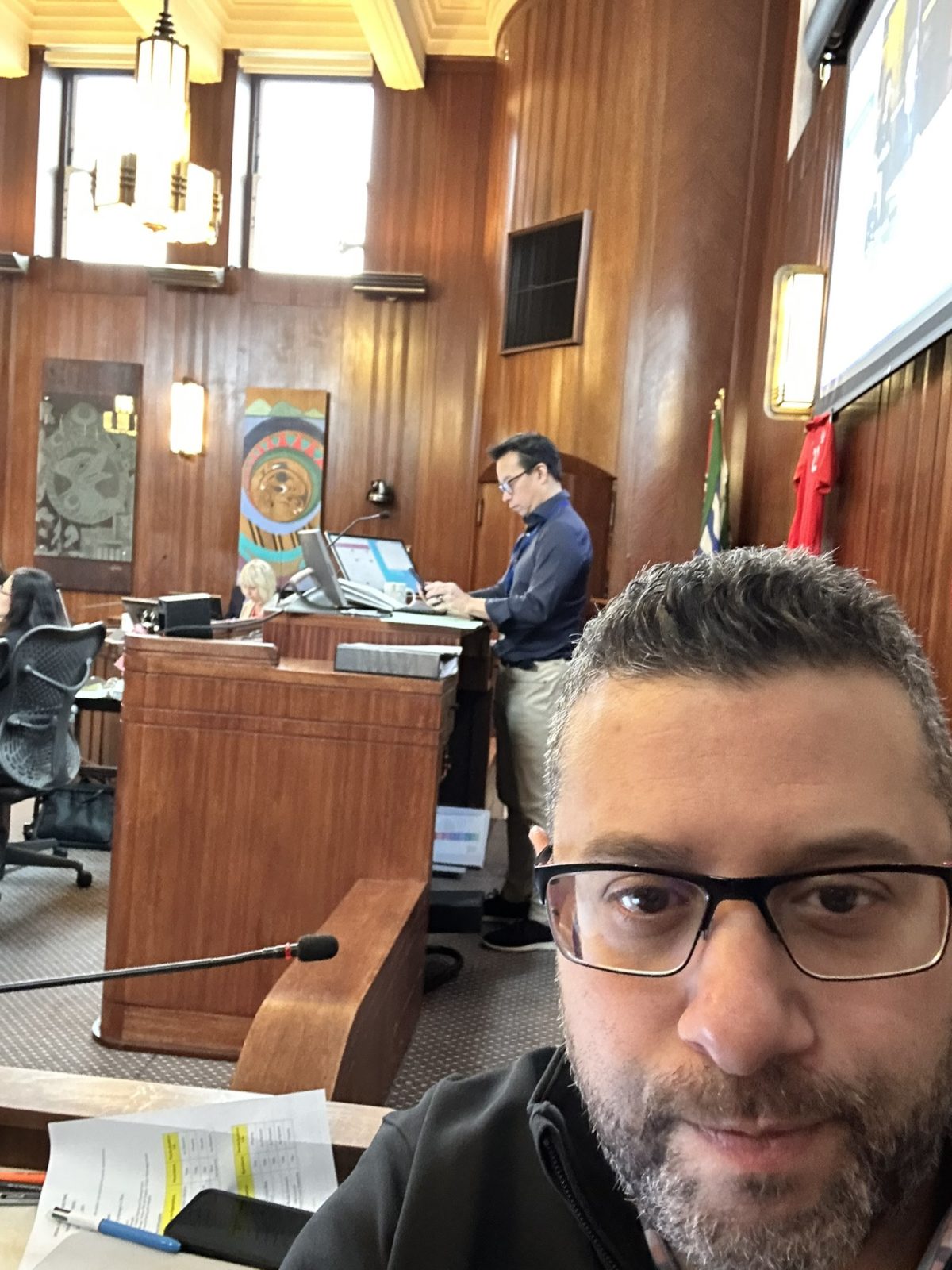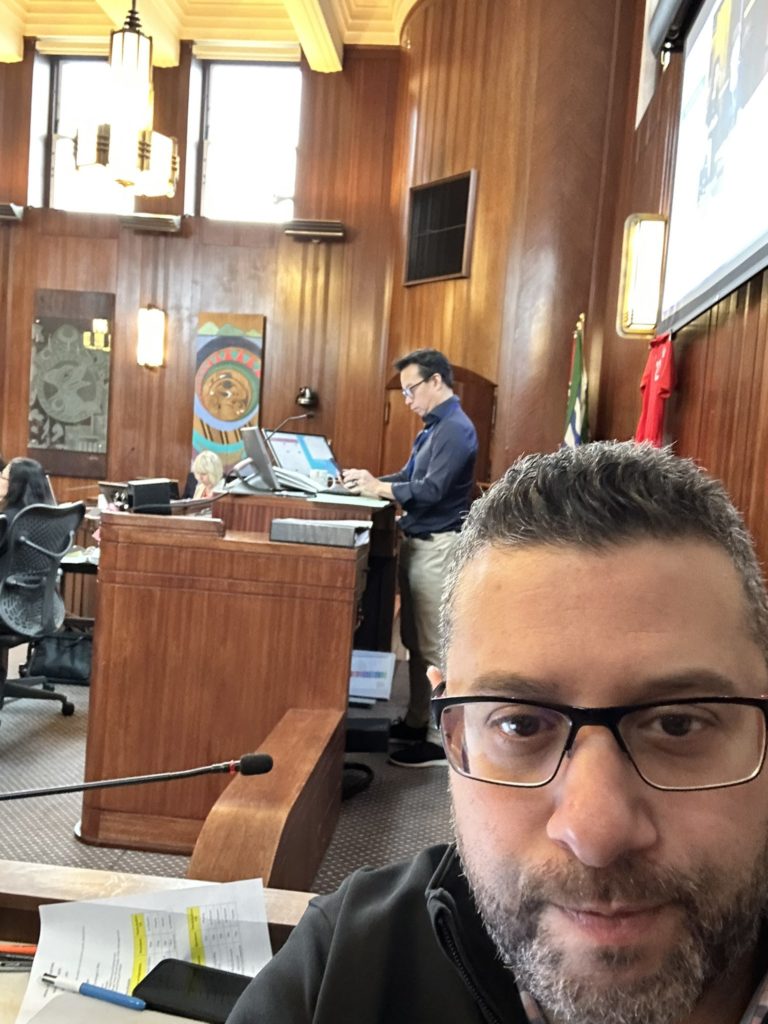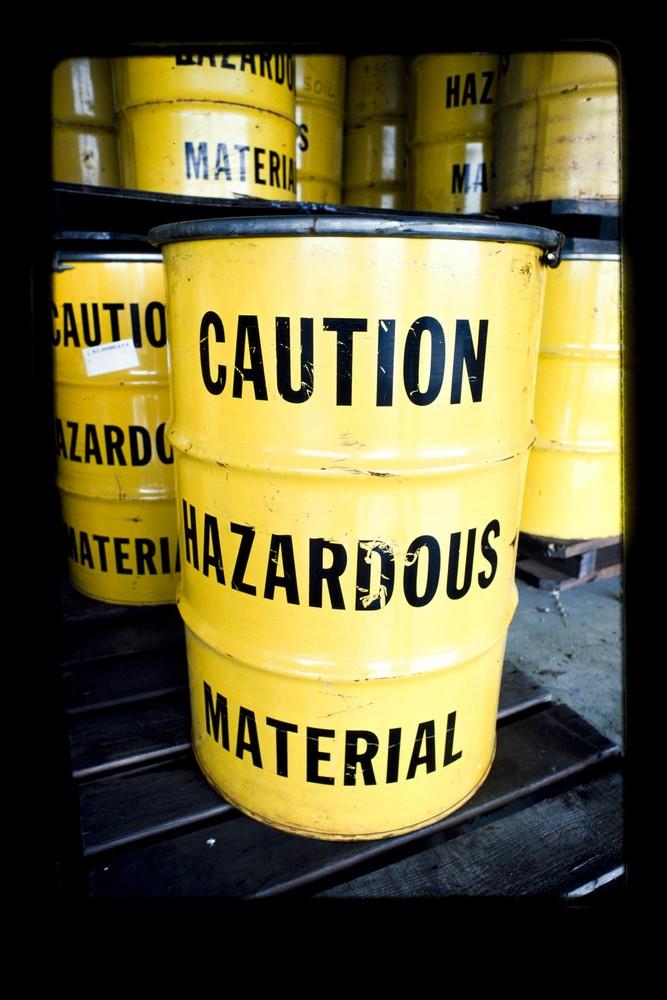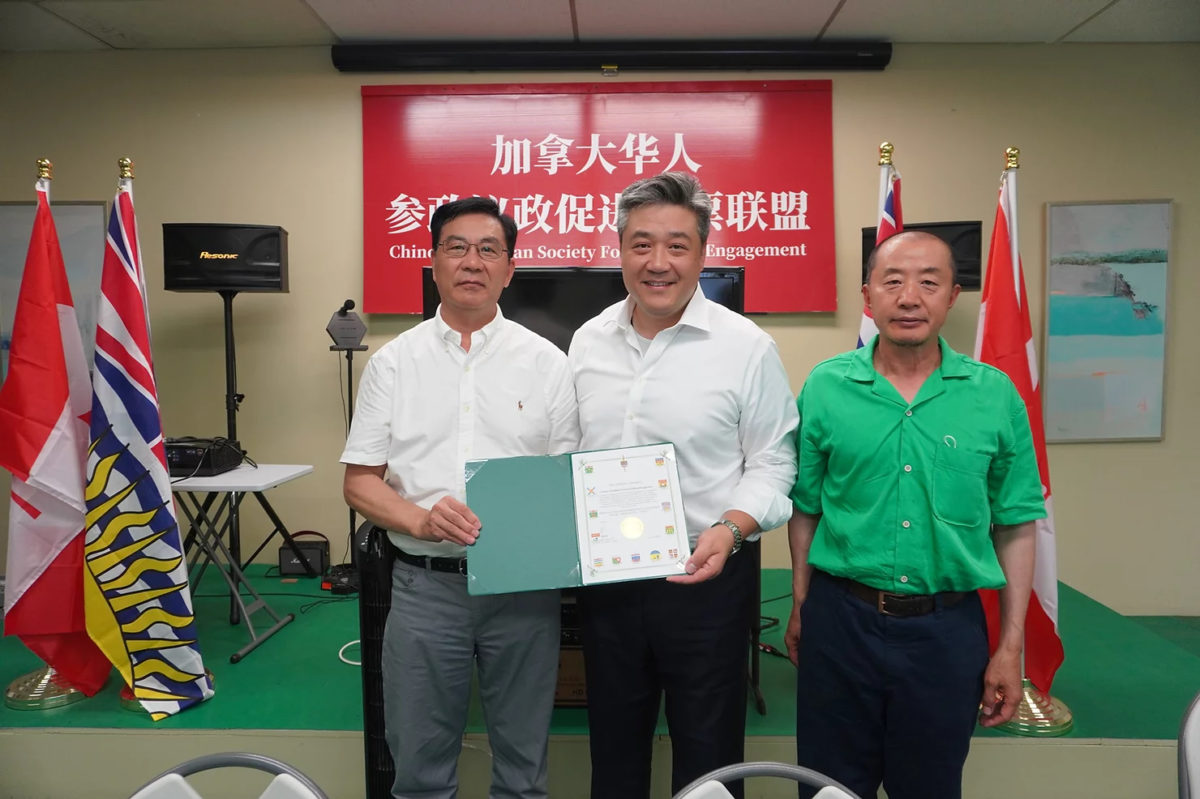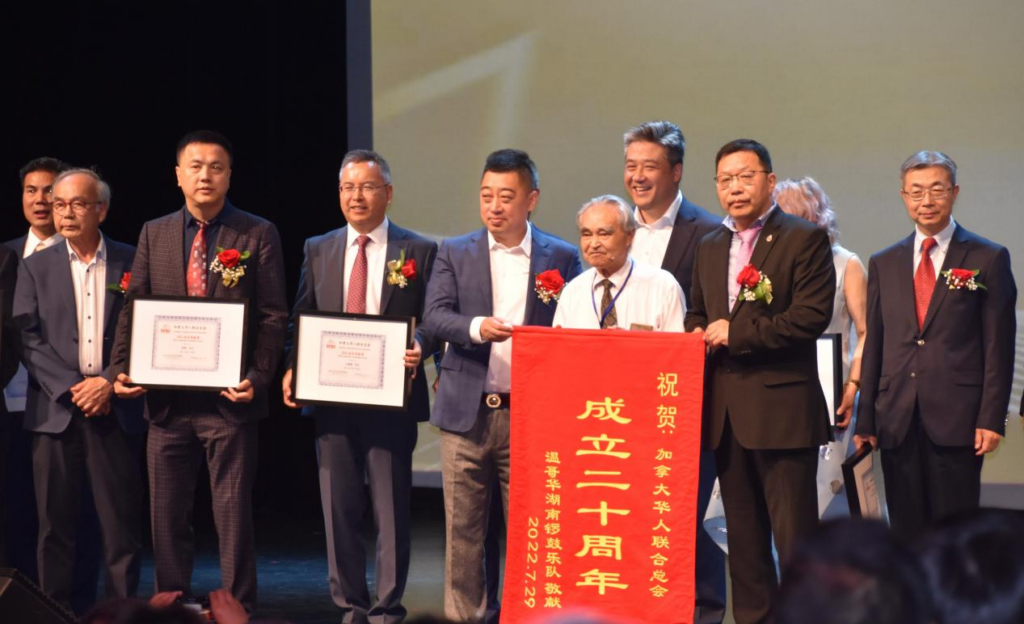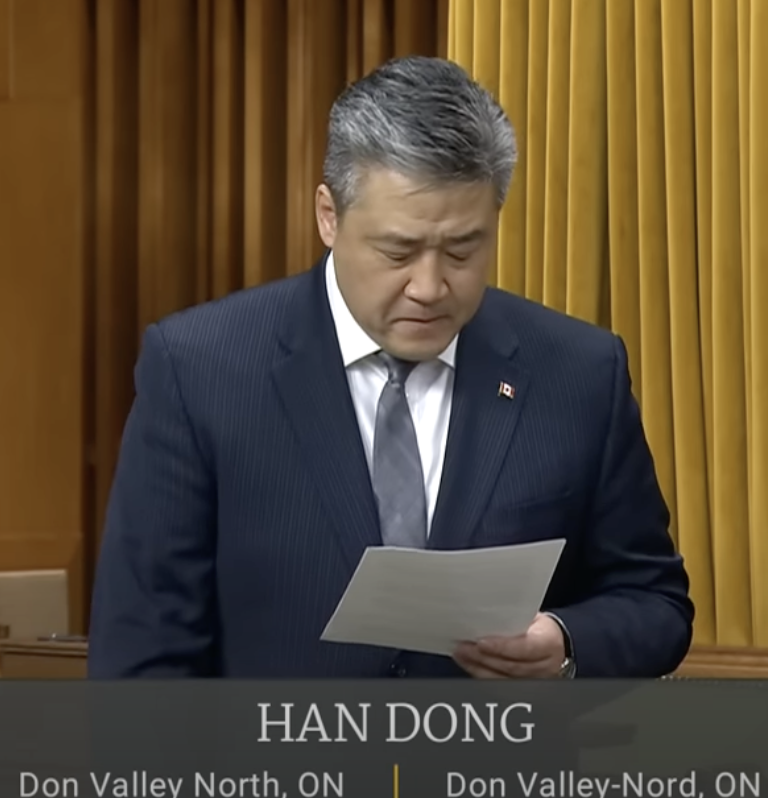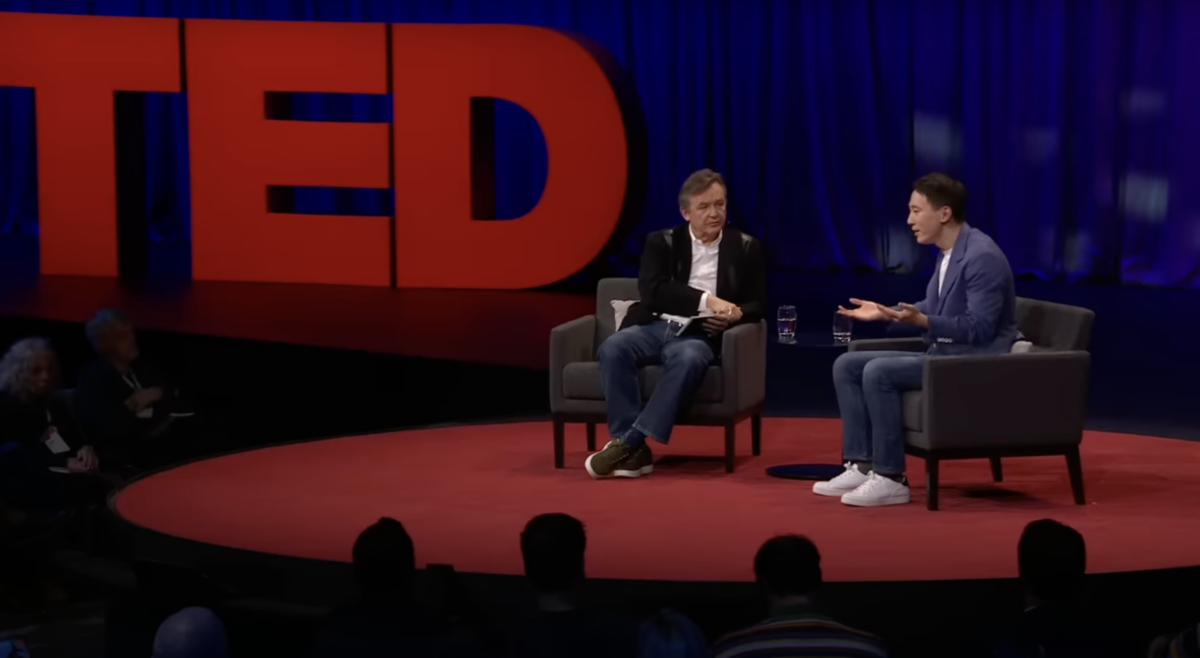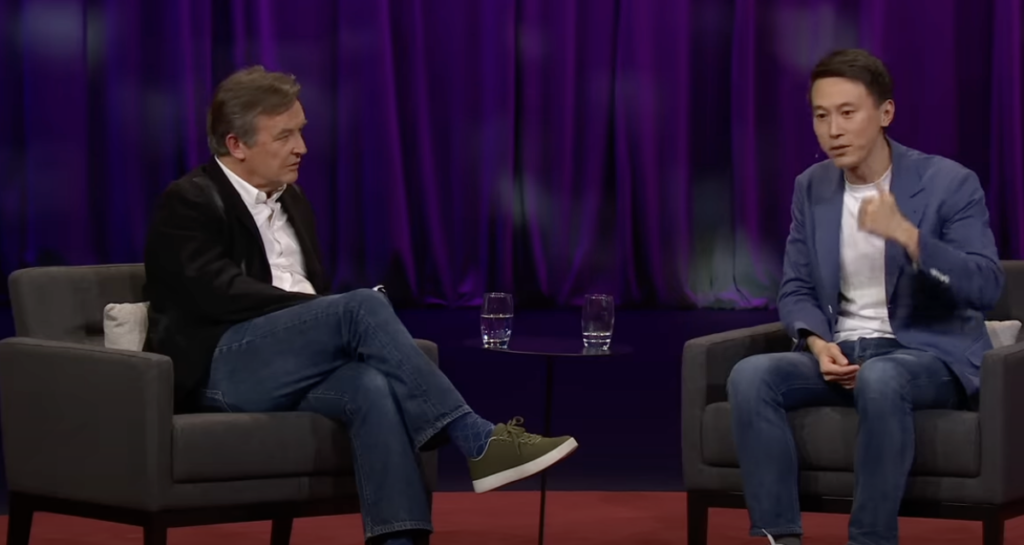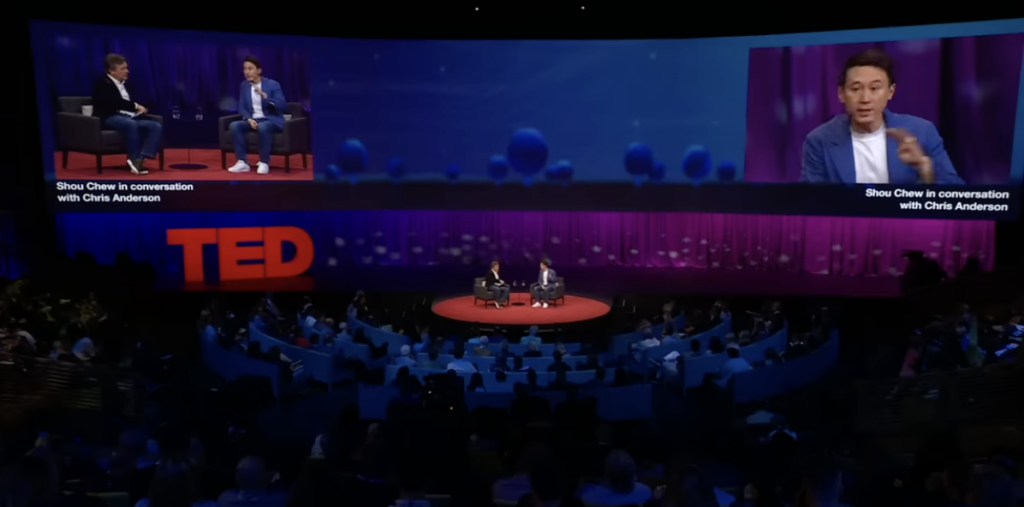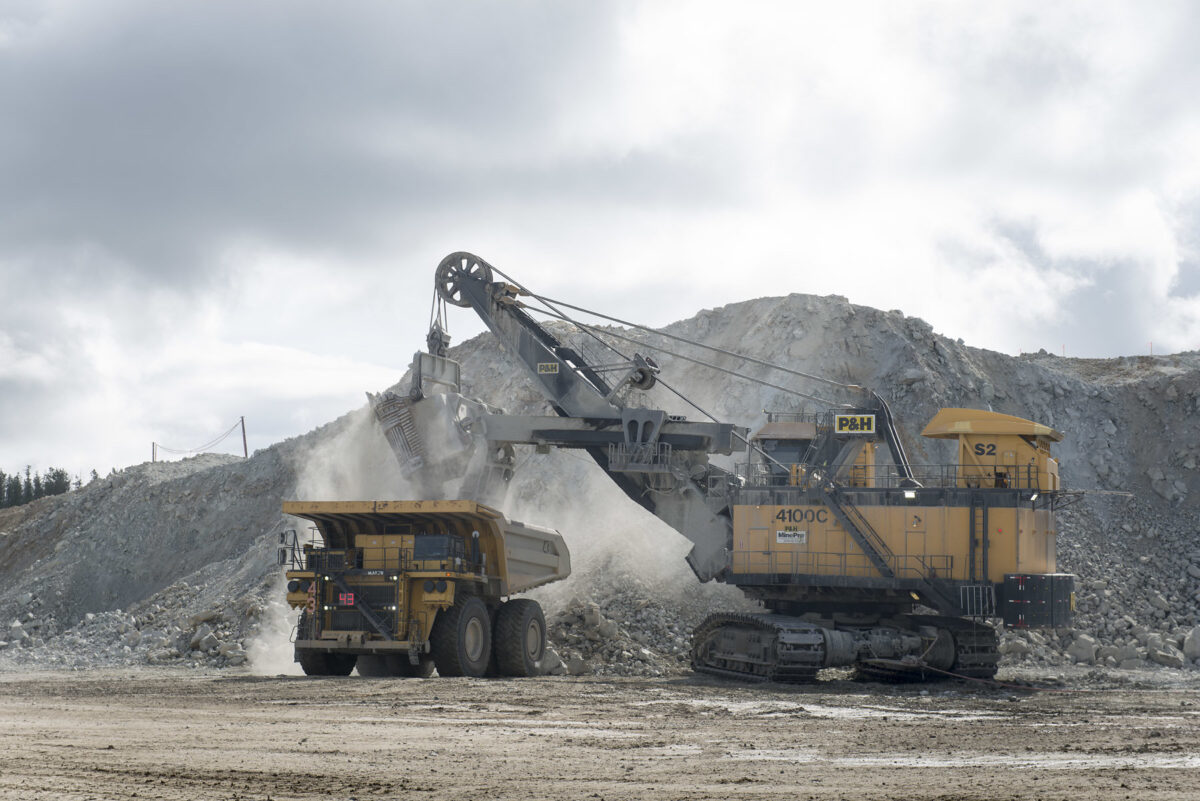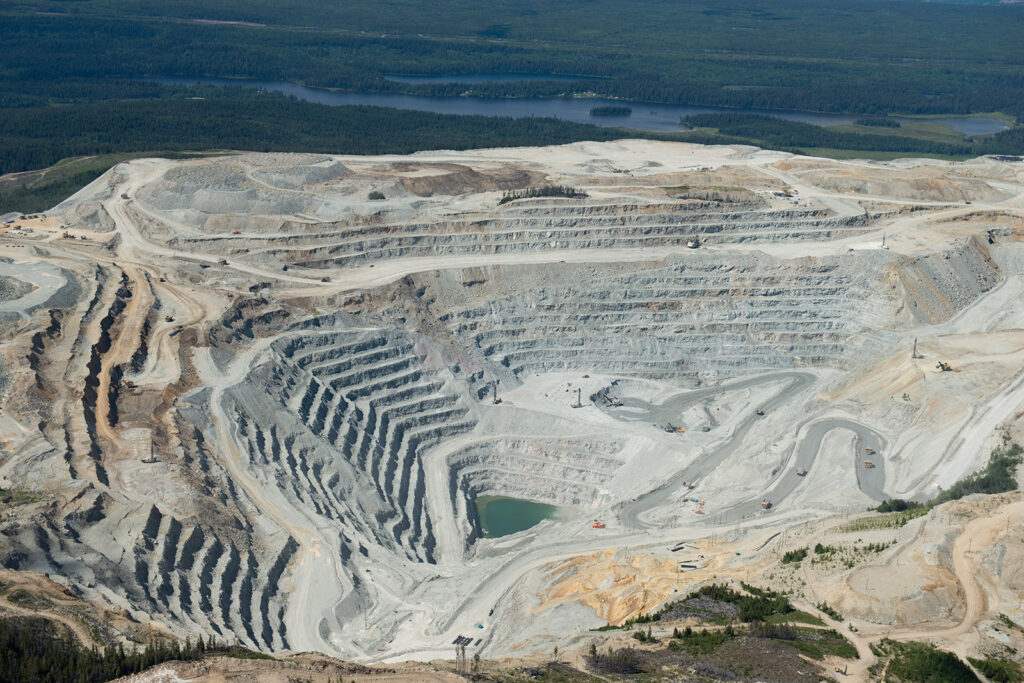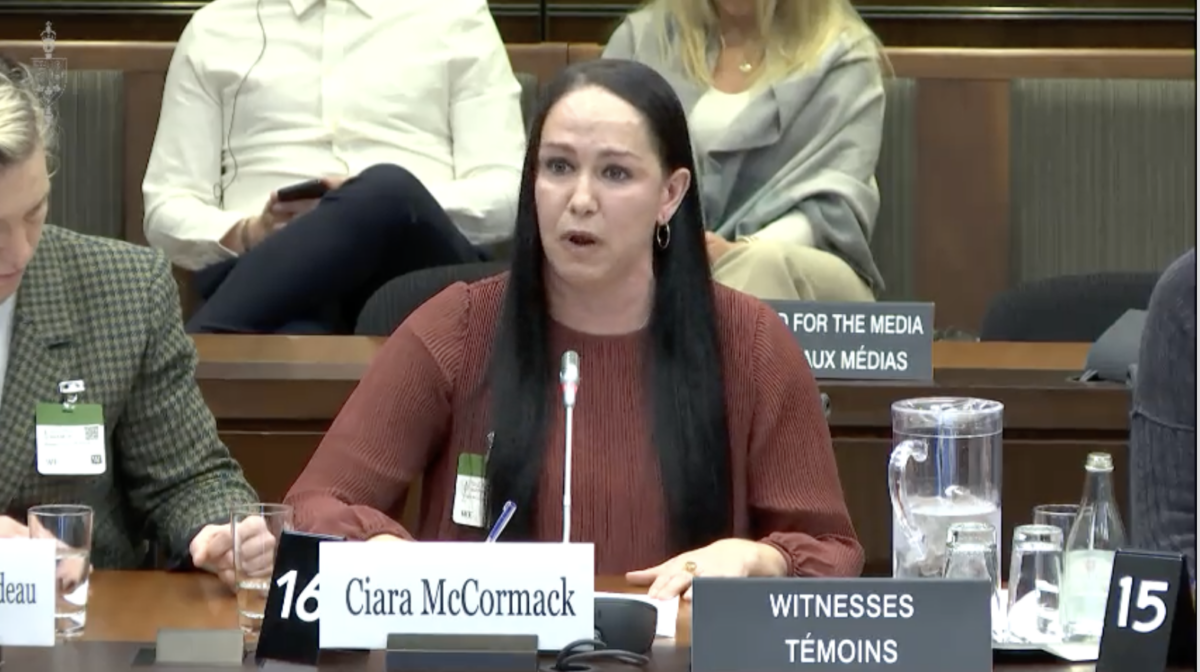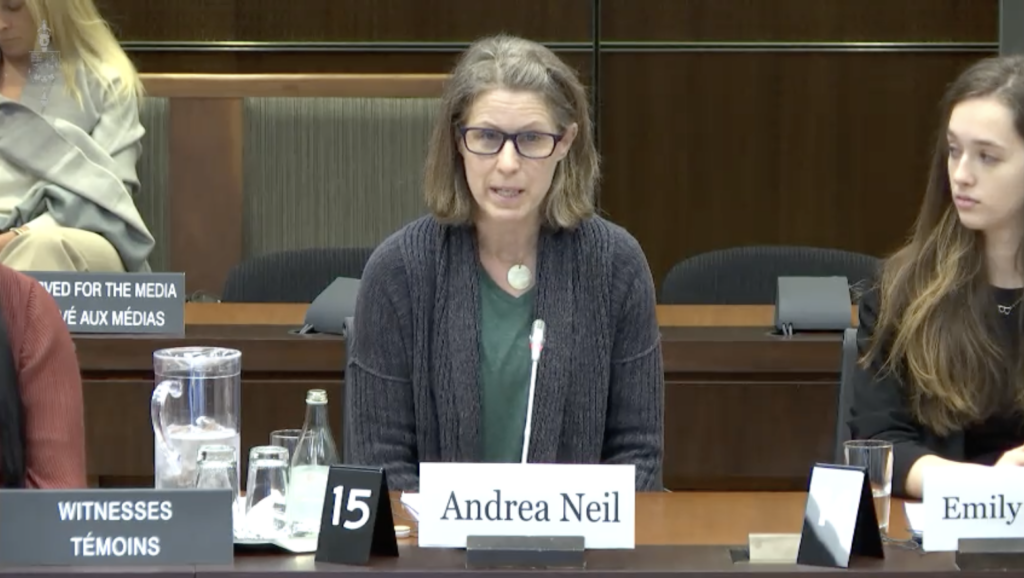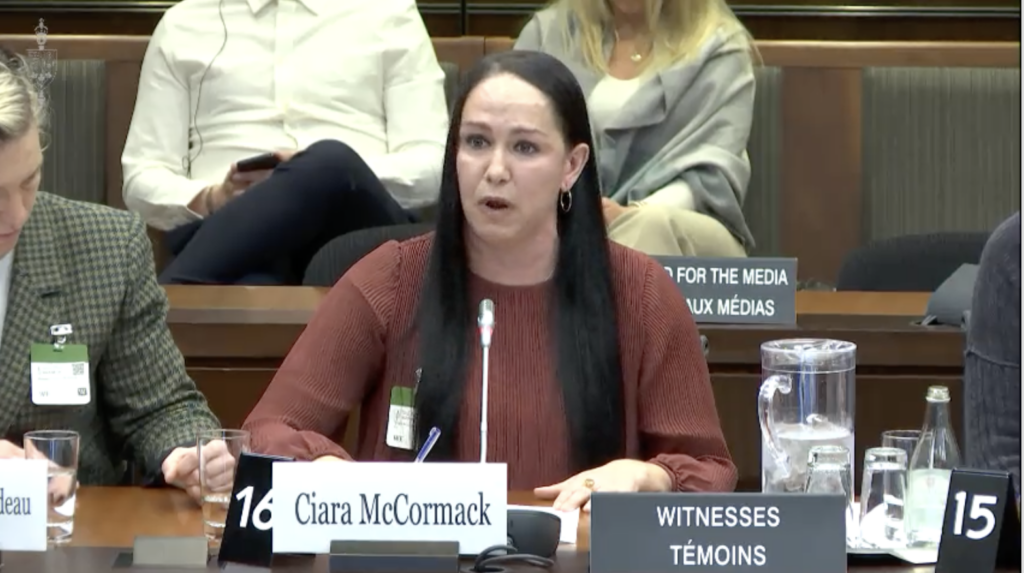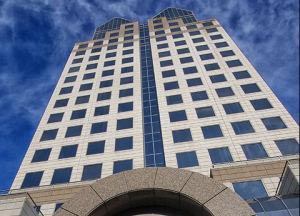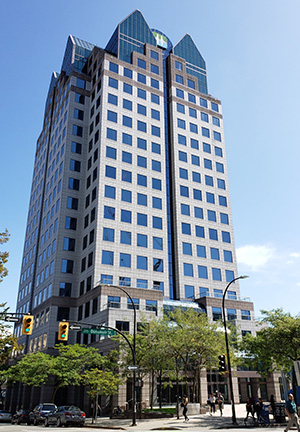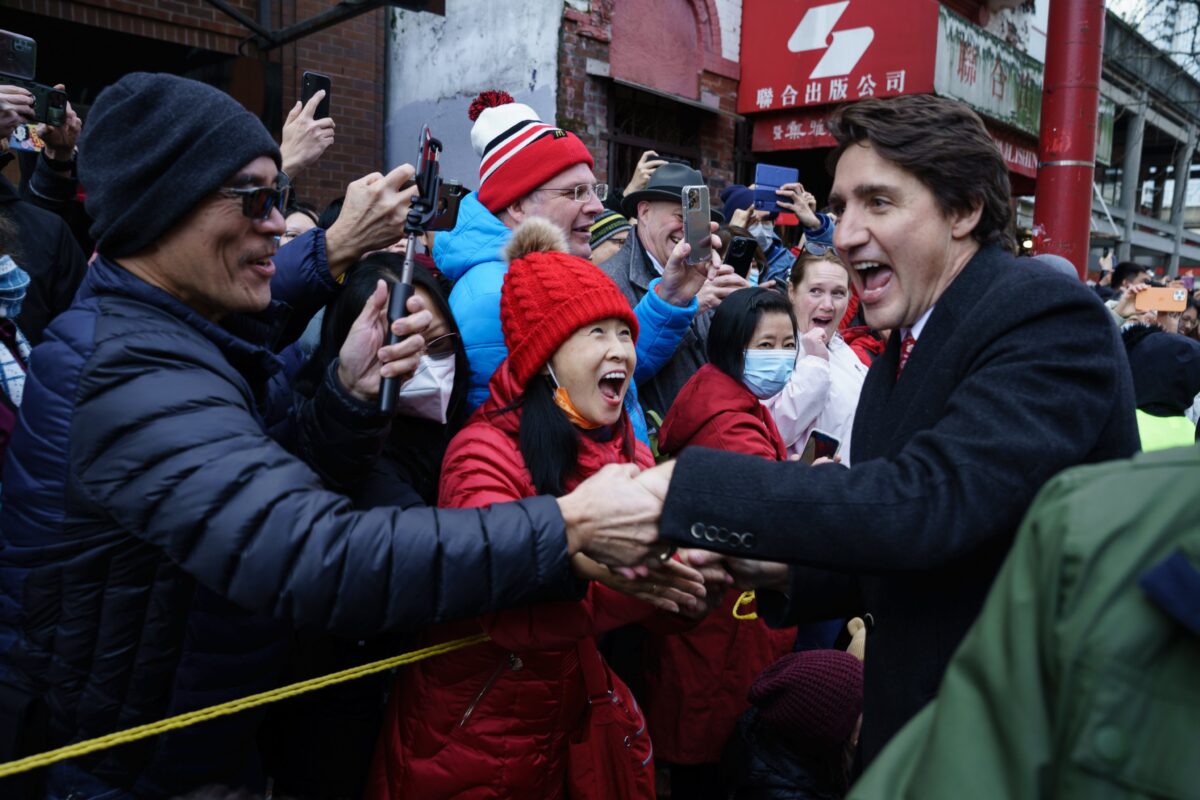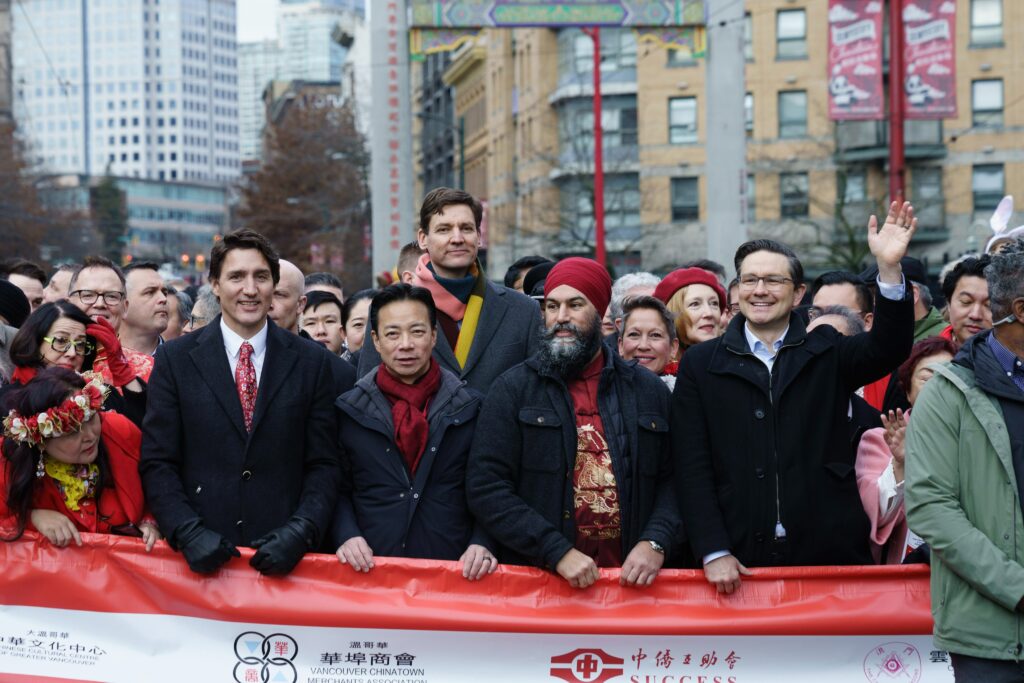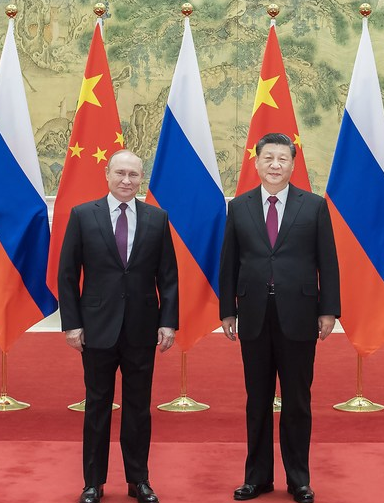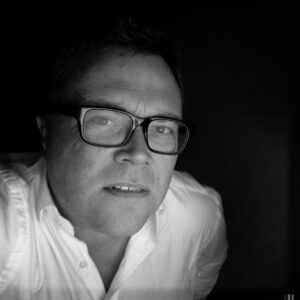Figure skaters the latest to demand Canadian sport system reform, over allegations of abuse at Burnaby rink
Bob Mackin
Add B.C. figure skaters to the long list of Canadian athletes demanding reform.
A group called Figure Skating for Change Canada published an open letter April 27 to Minister of Sport Pascal St-Onge and President of Skate Canada Karen Butcher, claiming incidents of physical, verbal and emotional abuse by coaches at a Burnaby skating club over the last 15 years.
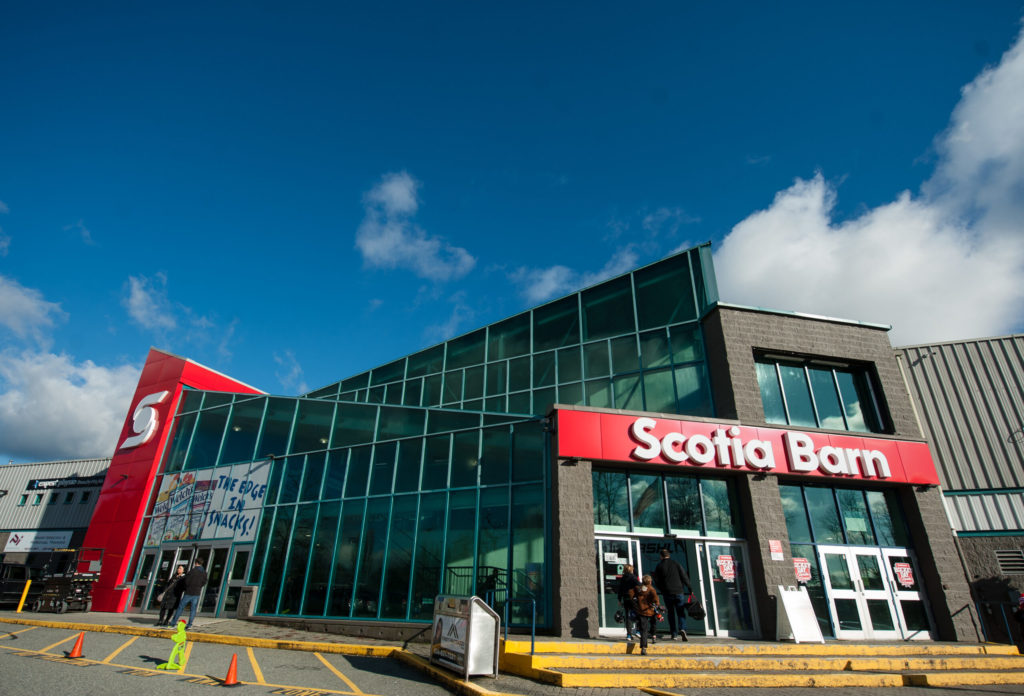
Burnaby Scotia Barn (Canlan)
“Figure skaters who have come forward to us in confidence have described incidences such as being locked in change rooms as punishment, being pushed and shoved around the ice, public slandering of athletes, bribery, psychological manipulation and gaslighting, unsafe training conditions, body-shaming, and stonewalling,” said the letter, which names Champs International Skating Centre of British Columbia, formerly known as the B.C. Centre of Excellence.
Champs is based at the Canlan Ice Sports Centre in Burnaby, better known as the Scotia Barn. Club administrator Hatty Tang and coach Joanne McLeod have not immediately responded for comment. McLeod has coached skaters at three Winter Olympics.
The letter said athletes are reluctant to report incidents for fear of retribution and they lack confidence in Skate Canada leadership because it has not adequately dealt with complaints. It also said the group lacks trust in the federal Office of the Sport Integrity Commissioner to protect athletes and demands a judicial inquiry into the Canadian sport system.
Skate Canada responded with a statement to say that it is “deeply troubled” by the allegations, but has referred the allegations to Skate-Safe, a confidential misconduct reporting system operated by IntegrityCounts. The third-party contractor may decide to involve the Office of the Sport Integrity Commissioner.
“We have had no previous contact with this group and have not received any complaints or any communications regarding the matters listed in the letter,” said the Skate Canada statement.
“Skate Canada recognizes that historically we have not always had the proper policies and processes in place to address misconduct but since the launch of the National Safe Sport Program in 2019 we believe we are equipped to support our community. We know that trust must be earned, and we hope to rebuild that trust with any members who have been negatively impacted.”
For the year ended March 31, 2022, Skate Canada reported $4.53 million of its $17 million revenue came from government and other grants and $7.15 million from membership fees. By comparison, it reported $659,376 from sponsorship and $2.7 million from events.
In 2022, athletes from Athletics Canada, Bobsleigh Canada Skeleton, Canadian Fencing Federation, Rugby Canada, Canadian Soccer Association, Water Polo Canada, Boxing Canada and Gymnastics Canada, went public with complaints about coaches, administration and/or boards from their national sport organizations.
In some cases of misconduct, like Hockey Canada, St-Onge temporarily suspended federal funding. She also appointed Sarah-Eve Pelletier as the Sport Integrity Commissioner in April 2022, but has resisted the repeated calls for a federal public inquiry.
The latest came Monday, when soccer’s Andrea Neil and Ciara McCormack appealed to the House of Commons Canadian Heritage Committee.
“I don’t understand what’s holding back a national inquiry, how can we cheer on our athletes if we’re telling you that this is the reality of what it looks like, behind every single sport, province, gender?” said McCormack, who blew the whistle on former Whitecaps and national team coach Bob Birarda in 2019.
“You just wonder, is she even watching, is the Minister of Sport watching, is the Prime Minister watching this? Whoever is making these decisions are they watching? Because it’s very much impacted our lives, far past our sporting careers, and it’s just disappointing and I just feel ashamed, honestly, to be Canadian, that this is the reality of what it means, and the response to, being a Canadian athlete.”
Support theBreaker.news for as low as $2 a month on Patreon. Find out how. Click here.
Bob Mackin Add B.C. figure skaters to the






